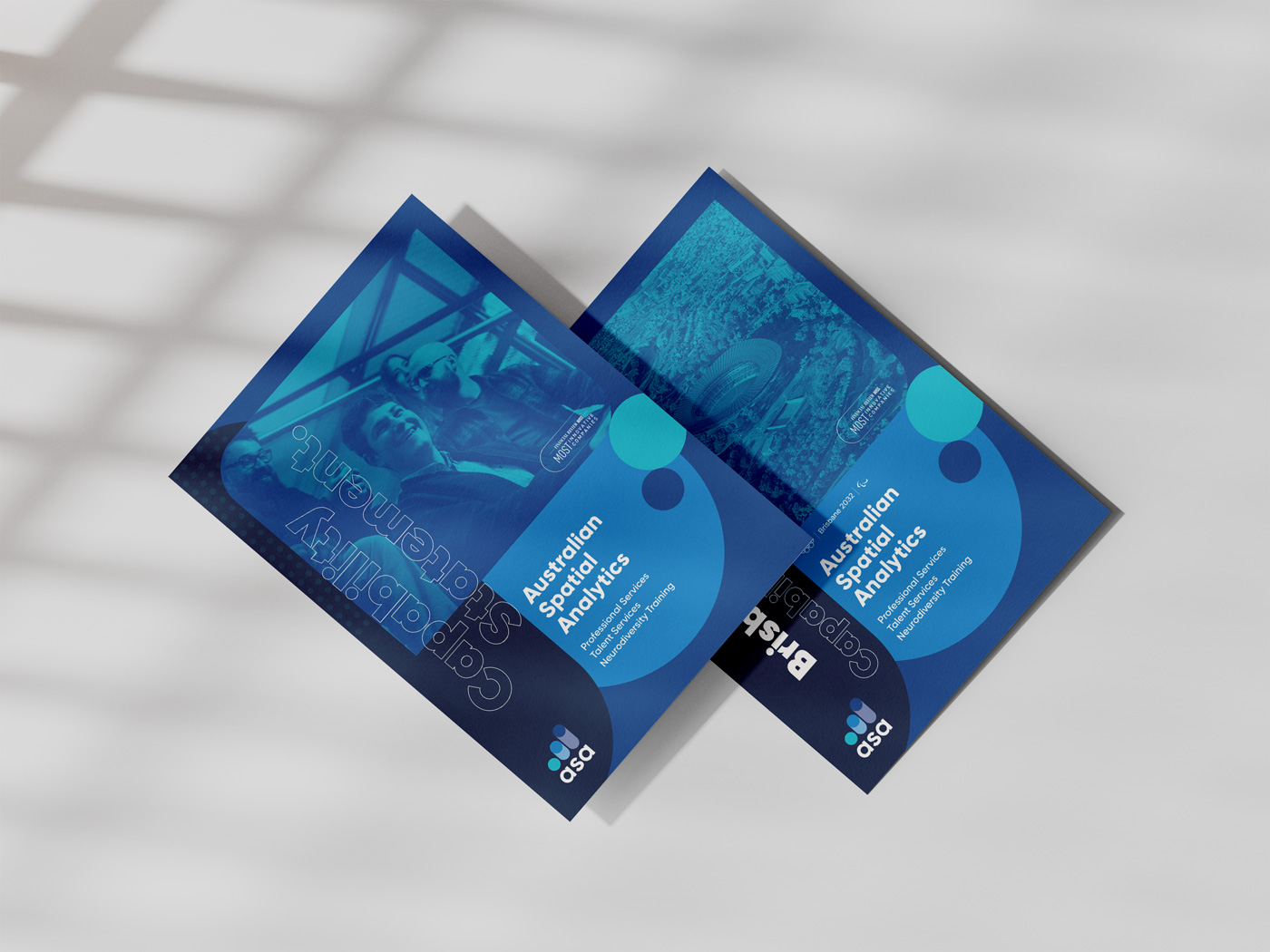Find out how anyone can enable neurodiversity in the workplace
Tai Barham is a Program Manager in our Melbourne office, ensuring the delivery of our geospatial projects. In this interview, he talks about the practical tips and tricks to support neurodivergent people and make neurodiversity in the workplace thrive.
Tai Barham: I grew up in a town called Napier in New Zealand. About 70,000 people live there, located on the east coast of the North Island. It's best known for its surf, good wine and Art Deco architecture. It’s such a nice place to call home and was a great place to grow up. After school, I studied in Wellington for four years, earning a Bachelor of Science, majoring in geography and earth science. As part of this, I undertook Geographic Information System (GIS) prerequisites because I loved how the technology could be applied in the real world and all that jazz!
After four years in Wellington, I moved back to Napier for a couple of years and decided to try something else and some new experiences. Then, my sister gave me the opportunity to move over to Australia. It was one of probably the best decisions I've made, moving to Melbourne and experiencing Australian culture. After moving, I worked at a laboratory for a year because I did have some background in analytical science. I enjoyed my time there, but not the commute, so I looked around for something closer to where I lived. I saw an opening for a Data Analyst position at Australian Spatial Analytics, and I started in August 2022.
“From the very first day, I saw the impact of ASA and how it positively changed the lives of young neurodivergent adults, especially those who have been long-term unemployed. Being able to play my part and give back to the community gave me so much purpose for my work, which I find very motivating.”
It actually doesn’t feel like work! Working at ASA is more of a passion and definitely not the slog of nine to five. Seeing how much people cared and the organisation's vision really drew me into it. The best thing I’ve seen here is watching how so many people start thinking they can’t do something but watching them grow in a supportive environment and achieve massive goals. That’s what gets me excited. Seeing people who have been excluded from opportunities shine. I've had some great dealings with analysts who have opened up and taken on more responsibility since starting, thinking it wasn’t possible. This makes my role a joyful part of my work. Plus, I’ve also helped out people in other offices, so it’s great to have an impact across the country, not just in Melbourne.
For me, it’s pretty simple to enable neurodiversity in the workplace. It’s just treating people as people. I don’t see the difference between being neurodivergent or neurotypical. Just treating everyone equally and just giving them time. Everyone has different learning styles, so I adapt to someone with a learning style that’s not the same as mine. This means that anyone can feel comfortable to learn how they want. There have been times when I’ve needed to be aware of my coaching style for the data analyst. It helps me develop as a leader to understand the new ways of getting things done.
“We have a saying at ASA – directness is kindness. Our communication style here is to the point and easy to understand, so there’s no confusion. This actually makes it better for everyone.”
Other organisations, especially leadership circles, just need to understand the benefits of a neurodiverse workforce and be more open to taking on more neurodivergent people. Considering that 20% of the population is neurodivergent (e.g. autism, ADHD, dyslexia), it’s most likely that they already have this cohort working for them and don’t know about it. We’ve had some awesome clients who have worked with us and have seen our team's potential to the point where we have transitioned their employment to them.
They’re not poaching from us! They’re actually creating social impact because we backfill that position with someone else experiencing long-term unemployment. We’ve even had other organisations go above and beyond by providing their own resources and training. I’ve also worked with clients who are neurodivergent. There have been some who have actively been employing neurodivergent people, which is great to see. ASA can’t help everyone, so it’s encouraging that other organisations are looking at hiring neurodivergent people and the skills that they bring.
I’ve had some fantastic mentors and support staff at ASA. I’ve learnt how to be better with people and be that approachable and inviting person to foster workplace culture. I’ve also gained technical and people leadership skills from my mentors. I’ve seen how they operate, and I observe the body language and terminology they use because it’s so effective. We’ve had a lot of massive wins, and it puts a smile on my face to see many people wanting to step up.
For the future, I’m keen to take more leadership steps and put myself outside of my comfort zone. I’m definitely interested in seeing ASA expand its reach and being part of that. I’ve been so fortunate to do this role in Australia. What’s pleasing for me is that we’re doing more work with New Zealand clients. Being a Kiwi, I would love to take ASA’s model to New Zealand and help create an impact for young neurodivergent adults there. That would be massive for me!




